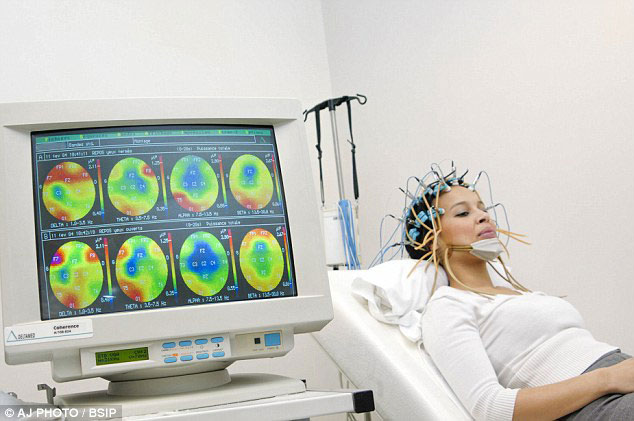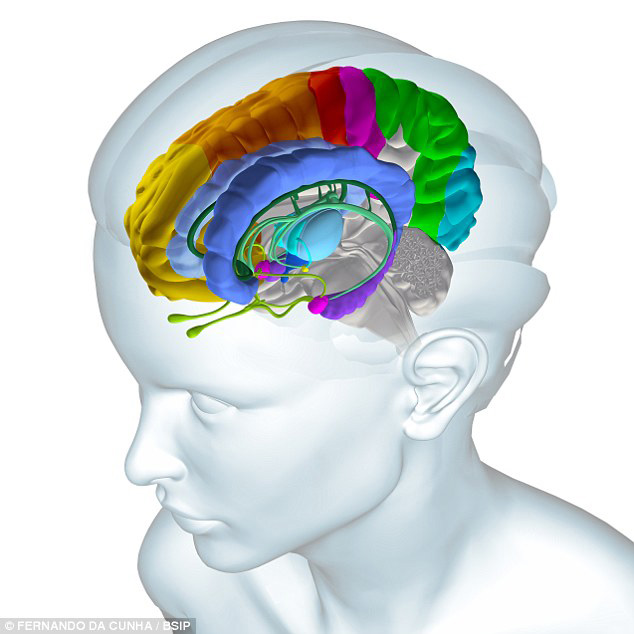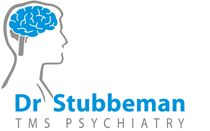
Your Brain Recovers Memories Faster Than the Blink of an Eye
By Russ Swan For Mailonline
Published: 10:08 EST, 8 January 2016 | Updated: 13:03 EST, 8 January 2016
© Associated Newspapers Ltd. All Rights Reserved.

Retrieval happens FIVE times quicker than thought
Using a brain scanner, scientists have discovered that memories can be recovered in just a tenth of a second – around a third of the time needed to blink.
Previous research had estimated this at around five tenths of a second.
The researchers also found retrieval can be obstructed if the person is subjected to repetitive Transcranial Magnetic Stimulation (rTMS), in which a magnetic coil is placed on their head.
Scientists divide memories into two types – semantic, and episodic.
Semantic memories are things like knowing facts or language, which are not connected to any specific time or place and are shared by many people.
Episodic memories are the individual recollections of events that have happened, and are unique to each person.
To study how these memories are retrieved, scientists from the University of Birmingham and Ruhr-University Bochum in Germany scanned the brains of participants as they asked them to recall certain memories.
By watching the results using a monitor attached to the electroencephalography (EEG) machine, the scientists were able to watch the process of memory retrieval as it took place.
The surprise finding was that retrieval starts with very rapid reactivation of the brain’s sensory areas, in the parietal lobe.
These are regions of the brain where the sensations that formed the memory were first registered, rather than the memory cells.
This is the first time the initial activation of sensory areas has been shown to be important for such retrieval.
What’s more, when the team used rTMS on the brain as the memory was being asked to be recalled, the so-called ‘memory pattern’ wasn’t seen on the EEG readings.
This is because the magnets disrupted the process and suggests that if a memory isn’t recalled immediately, people will struggle with the retrieval.
When the team used magnetic stimulation to disrupt the volunteers’ brain activity immediately after the second image was shown, the memory pattern never materialised in the brain – suggesting the quick response is vital for memory retrieval.
This, the researchers explained, it raises the intriguing possibility of being able to electronically ‘wipe’ a memory from the brain by disrupting the cells in this area.

Dr Simon Hanslmayr of the University of Birmingham explained: ‘Episodic memories were thought to require searching within the hippocampus, and therefore take a little time, but these findings challenge that belief and illustrate a much more fast-acting response.’
The hippocampus is a small area at the core of the brain, closely connected with memory and spatial awareness.
It is one of the first areas seen to suffer damage in memory-loss conditions such as Alzheimer’s.
Dr Gerd Waldhauser, at the Ruhr-University Bochum in Germany, added: ‘Knowing that memory relies on very rapid reactivation of sensory information, and seeing that we can interfere with that, really improves our understanding of how our memory works.
‘It may help in understanding psychiatric conditions that involve the intrusion of unwanted memories.
‘There are a number of instances where being able to intervene and target traumatic memories would be beneficial.’
The research is published in the Journal of Neuroscience.
